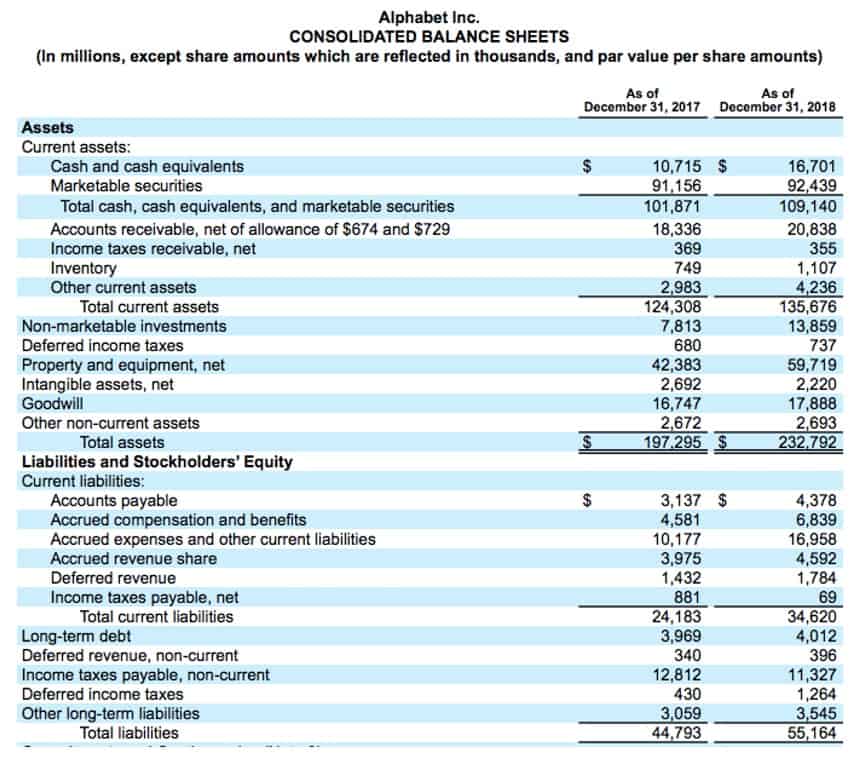
Accrued vacation is estimated whereas salaries payable is a precise number. With the help of professional bookkeepers, small companies and startups can manage their finances well. They help startups and small companies manage their accounting information accurately.
Current liabilities

This feature helps businesses stay on top of their operating expenses, monitor their cash flow, and identify areas where they can reduce costs. It can also automatically organize categories such as office expenses, travel expenses, and equipment expenses. Our expense tracking feature helps you save time and reduces the risk of errors. Some examples of long-term liabilities include long-term loans or mortgages. If you are expenses a liability have taken out a business loan with a five-year repayment term, this will be classed a non-current liability.

Importance of Liabilities for Small Businesses
Any debt a business or organization has qualifies as a liability—these debts are legal obligations the company must pay to third-party creditors. Examples of liabilities include deferred taxes, credit card debt, and accounts payable. Having a better understanding of liabilities in accounting can help you make informed decisions about how to spend money within your company or organization.
What Is A Balance Sheet? Definition and Examples
- When a company records an expense, it most obviously appears within a line item on the income statement.
- Debts are basically the money you owe to another party, specifically the creditors.
- An accrued liability is a financial obligation that a company incurs during a given accounting period for goods and services already delivered.
- This feature helps businesses stay on top of their operating expenses, monitor their cash flow, and identify areas where they can reduce costs.
- Long-term liabilities are paid with fixed assets like equipment, non-liquid assets, equity, investment, etc.
- An expense can take the form of depreciation as it is charged over the useful life of a fixed asset.
- On the other hand, an accrued expense is an event where a company has acquired an obligation to pay an amount to someone else but has not yet done so.
It finances significant investments to keep operations running. This guide will break normal balance down each concept, show how to record them correctly, and also explain how you streamline the entire process of expense management.
What Is the Journal Entry for Accrued Expenses?

It also has income expenses, which are part of the income statement. Expenses and liabilities are two fundamental concepts in financial accounting, each with its own distinct attributes and implications. Expenses represent the costs incurred by a company during its normal operations, impacting profitability and reflecting the efficiency of its operations. Liabilities, on the other hand, are obligations owed by a company to Online Bookkeeping external parties, providing insights into its financial health and solvency. Liabilities can also be classified as either interest-bearing or non-interest-bearing.
- Expenses and liabilities are two distinct financial concepts that are crucial for understanding a company’s financial position.
- When a business doesn’t successfully track its operating expenses, it can end up losing money on spending oversights.
- If you receive an invoice from a supplier, it’s recorded as an entry in accounts payable.
- For example, accounts payable represent amounts owed to suppliers for goods or services received but not yet paid for.
- Our ongoing series of accountancy FAQ articles helps small business owners understand the accounts terminology they encounter.
- Distinguishing between operating expenses and capital expenses is important for maintaining accurate accounting practices.
- For example, a company wants to accrue a $10,000 utility invoice to have the expense hit in June.

It is shown in the income statement as a cash outflow when it is incurred. An expense not paid off by the due date is considered a liability. Unlike expenses, liabilities do not directly impact a company’s profitability. Instead, they reflect the company’s financial obligations and its ability to meet those obligations in the future. Liabilities are typically measured in monetary terms and are reported on the balance sheet, providing stakeholders with information about a company’s financial health and solvency.
